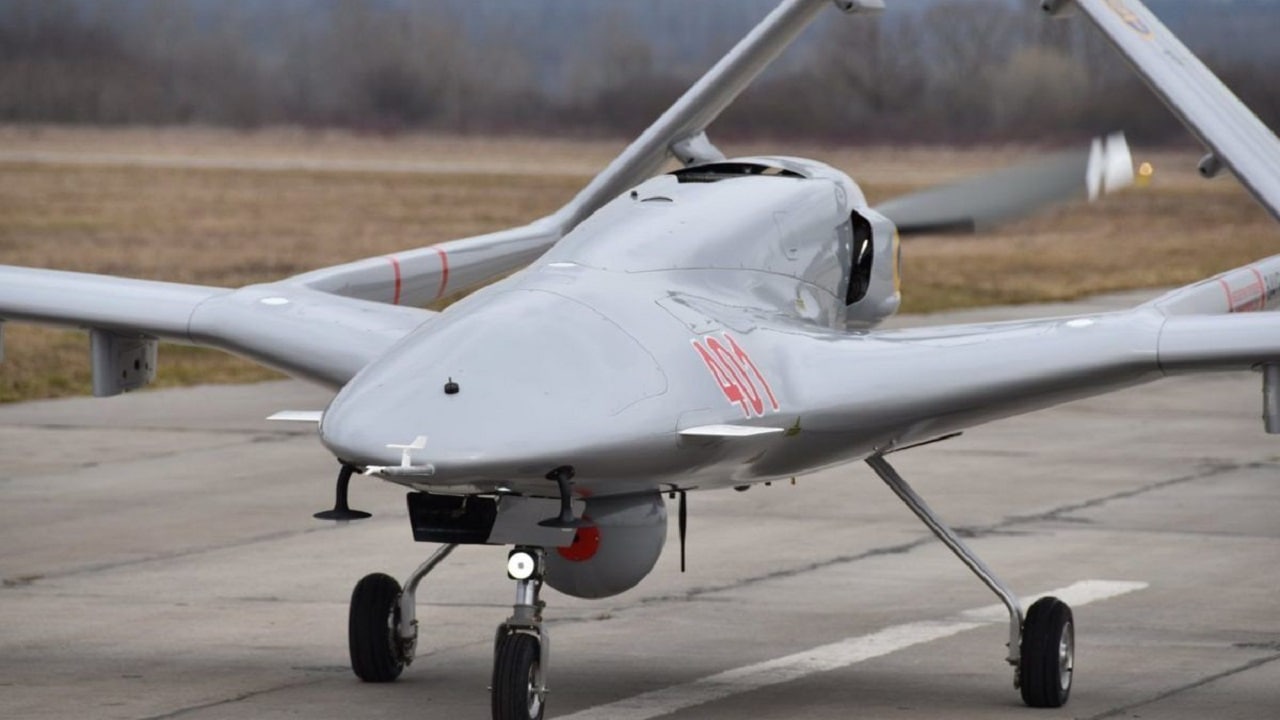On January 6, 2023, a Turkish Air Force cargo plane landed at Goma’s airport in eastern Democratic Republic of Congo. Onboard, reportedly, was equipment the Turkish military sought to provide the Congolese army as it increasingly faces off with local groups in the region.
Reportedly, that equipment included combat drones that, according to Rashid Abdi of the Nairobi-based Sahan Research, could upset the strategic balance between the Democratic Republic of Congo and Rwanda, and inflame tension between the two countries at a time when Secretary of State Antony Blinken has worked overtime to calm disputes between they spin out of control.
While Turkish Foreign Minister Mevlüt Cavusoglu sang the praises of the Türkiye-Rwanda partnership during a visit to Kigali less than a week later, his visit is just one part of a more malicious strategy. Like an arsonist who seeks financial gain as a volunteer firefighter, Türkiye signals its ability to disrupt and then seeks either diplomatic favor or financial benefit by simultaneously fanning the flames of conflict and offering military equipment.
This is a pattern Türkiye honed well in Libya, exporting drones, cajoling allies, threatening adversaries and trying to reap financial rewards on the back of Türkiye’s military industries.
The United States generally supported Türkiye’s provision of Bayraktar TB2 drones to Ukraine. Turkish President Recep Tayyip Erdogan, however, sold rather than gifted these. He then used the sale to the benefit of Turkey’s public relations and the image of its military industries. This was cynical on both counts. First, making Ukraine the face of Bayraktar TB2s in action distracted from concern about Türkiye’s actions elsewhere. Second, Ukrainian President Volodymyr Zelensky has said that the Bayraktars were not as decisive as Turkish spokesmen and the state-controlled Turkish press suggested.
Libya, however, is more representative of Turkey’s drone strategy than Ukraine. In the past year, Ankara has tried to use its military industry to bolster Mohamed Farmajo, Somalia’s now-ex-president and a Turkish client, as he teetered on the brink of defeat. Türkiye caught Western and African Union diplomats seeking a diplomatic solution off guard when he surreptitiously exported military drones to Farmajo’s government. The same was also true in Ethiopia, where Turkish drones contributed to Prime Minister Abiy Ahmed’s war effort in Tigray at a time when he resisted a diplomatic solution. Turkish officials themselves brag that Turkish drones destroyed $1 billion in Armenian equipment during the 2020 Turkish/Azerbaijani surprise attack on the largely Armenian enclave of Nagorno-Karabakh. Turkish drones now reportedly are in the arsenals of Pakistan-backed terror groups that target India. However, it does not yet appear that these groups have used those drones across the border in Indian Kashmir.
Turkish officials are proud of their defense industry which, a year ago, they projected to generate $4 billion in sales in 2022. They hope for even more this year. “We are determined to make 2023 a turning point in the defense industry,” Erdogan said on January 9, 2023.
More than a decade ago, I warned that the Obama administration was being shortsighted when it debated giving drones to Turkey at a time when Turkey was openly gearing its defense industry to reverse engineer and export its own versions. Turkey profited off American naïveté.
It is time now for the White House and U.S. Congress to recognize the destabilization that Turkey’s drone exports represent and sanction Turkey’s defense industry. Certainly, we have seen some sanctions levied under the Countering America’s Adversaries Through Sanctions Act (CAATSA) after Erdogan decided to purchase and operationalize Russian S-400 anti-aircraft missiles in a way that could undermine NATO security.
As Turkish drones undermine security in Africa’s Great Lakes region to the Caucasus and from Indian Kashmir to Libya, the U.S. Congress should debate not only the flaws of President Joe Biden and National Security Advisor Jake Sullivan’s desire to provide upgraded F-16s to Türkiye, but also consider sanctions against Baykar and other Turkish firms complicit in Erdogan’s strategy of using drones to create chaos and then profit off it.
Michael Rubin is a senior fellow at the American Enterprise Institute, where he specializes in Iran, Turkey, and the broader Middle East. A former Pentagon official, Dr. Rubin has lived in post-revolution Iran, Yemen, and both pre- and postwar Iraq. He also spent time with the Taliban before 9/11. For more than a decade, he taught classes at sea about the Horn of Africa and Middle East conflicts, culture, and terrorism, to deployed US Navy and Marine units.

